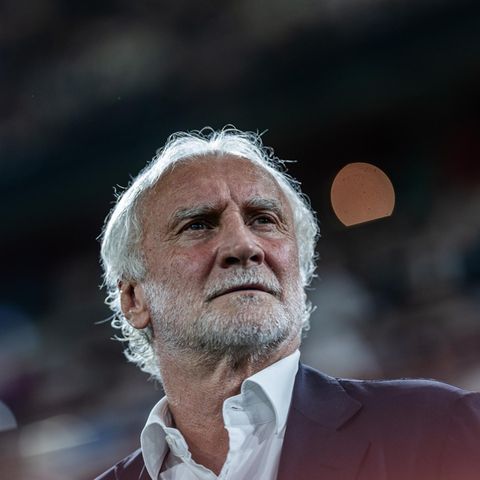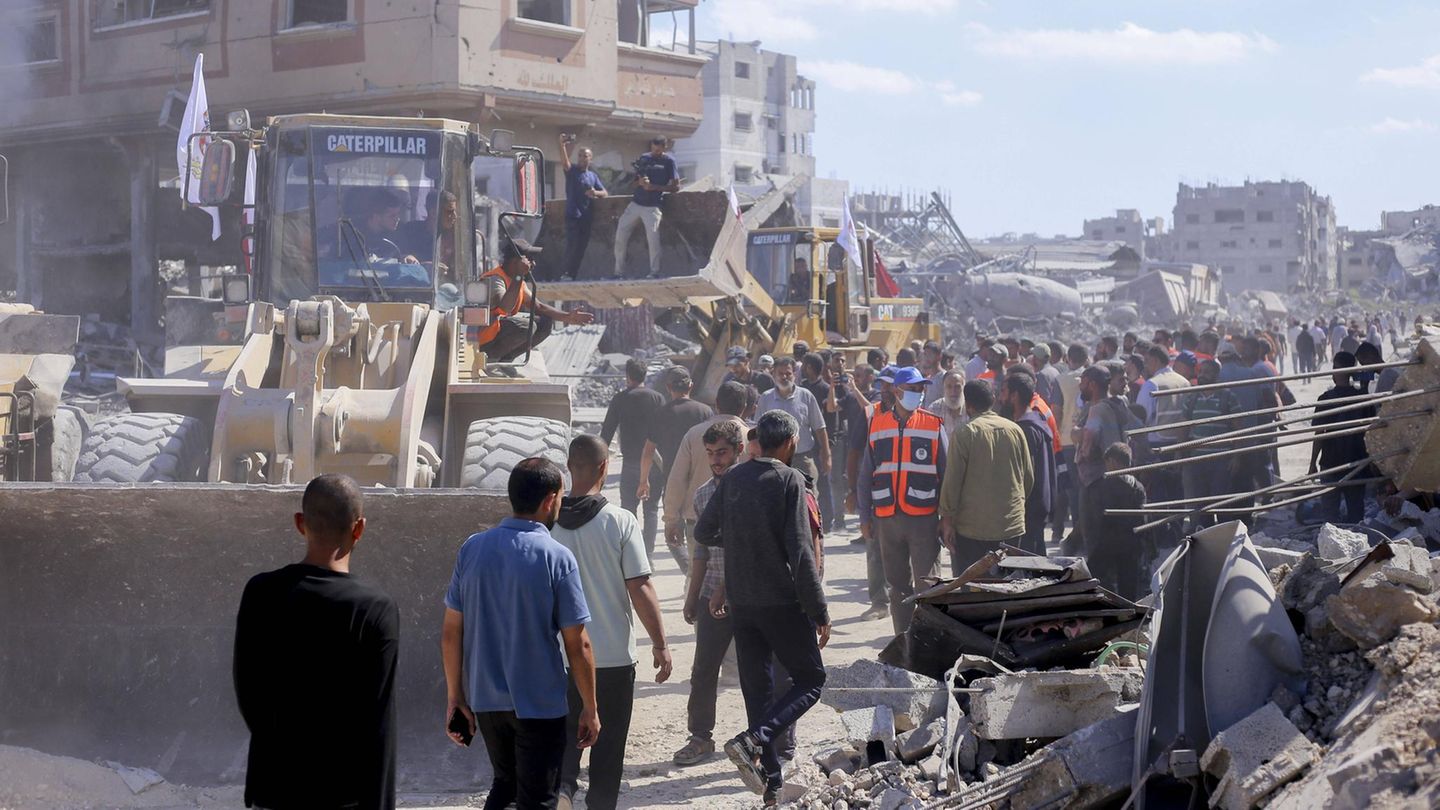The president of the Rural Association of Uruguay (ARU), Patricio Cortabarría, said that “the effort has been made and it has cost the export sector quite a bit.”
He President of the Rural Association of Uruguay (ARU), Patricio Cortabarría, considered a correction necessary exchange rate lag pointing out that the agricultural sector carried out “a significant effort to lower the inflation at levels that the country did not know before.”
The content you want to access is exclusive for subscribers.
“We understand that the effort has been made and it has cost the export sector quite a bit,” said Cortabarría in dialogue with Radio Uruguay and considered that the drop in the level of CPI affected “the whole tradable sector, not only the agriculture because the cameras have also complained.”


The rural referent admitted that “it is a recurring theme dollar and exchange rate” and argued that it is a problem that “ export sector It hits very hard and needs to be talked about.”
In this regard, he demanded a future plan from the presidential candidates to evaluate “how to achieve low inflation and at the same time ensure that this does not cause the tradable export sectors to end up seeing their income eroded or economic results”.
“The big question is how to continue. Uruguay It is a small internal market, there is no way to grow without it. international market and we must achieve this in a balanced way with justice for all,” insisted Cortabarría and asked to “talk about proposals for five years.”
Agriculture and sustainability
On the other hand, the president of the ARU referred to the sustainability in the agricultural sector and considered that “in terms of the environment, we must find a way to find a balance between the environmental and the productive.”
“Agriculture is one of the main drivers of the economy and we have to seek balance without curtailing the ability of producers to work or affecting their economic results, but seeking to protect the environment,” he admitted, in line with the government’s vision, from which they advocate a sustainable production system, but without accepting what they consider “protectionism” of the European Union, in reference to the demands of developed countries for the region’s agriculture.
Source: Ambito




